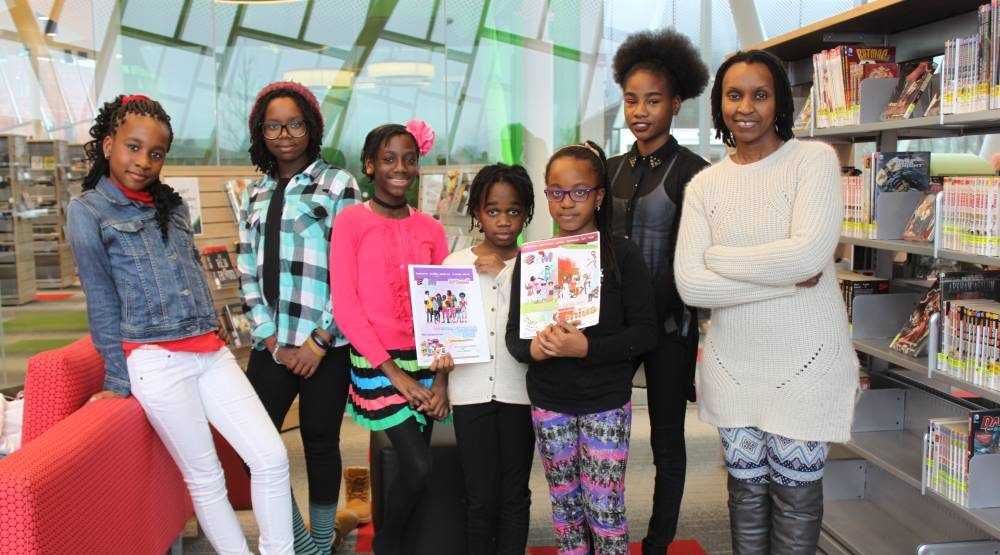Youth Development
The EQAO: To Be Or Not To Be

Youth Development
Understanding the multiple layers involved in navigating education spaces Parents of Black Children launch Navigating the Education System
Youth Development
Toronto prepares families for COVID-19 vaccination of children
Youth Development
Act as if what you do makes a difference. IT DOES
-

 Community News2 weeks ago
Community News2 weeks agoNew Sickle Cell miracle treatment will leave patients infertile
-

 Community News2 weeks ago
Community News2 weeks agoThe 2024 LEGUP Wealth Symposium; a unique platform for connection, networking, and learning
-

 Community News2 weeks ago
Community News2 weeks agoMaestro Fresh Wes Envelopes Toronto with the Essence of St. John, New Brunswick
-

 Community News2 weeks ago
Community News2 weeks ago$2.56 million Mellon Grant to University of Massachusetts Amherst expands Slavery North Initiative
-

 Community News2 weeks ago
Community News2 weeks agoDiscover the hidden gem of Portland: Nonsuch Falls beckons adventurers to nature’s wonderland
-

 Community News1 week ago
Community News1 week agoSkills for Change hosts a highly successful connections fair for youth new to Canada
-

 Community News2 weeks ago
Community News2 weeks agoWhat do you think about getting older? For some, It might be stressful
-

 Community News2 weeks ago
Community News2 weeks agoThe important Issue of the recruitment and retention of teachers in Canada needs to be addressed




























